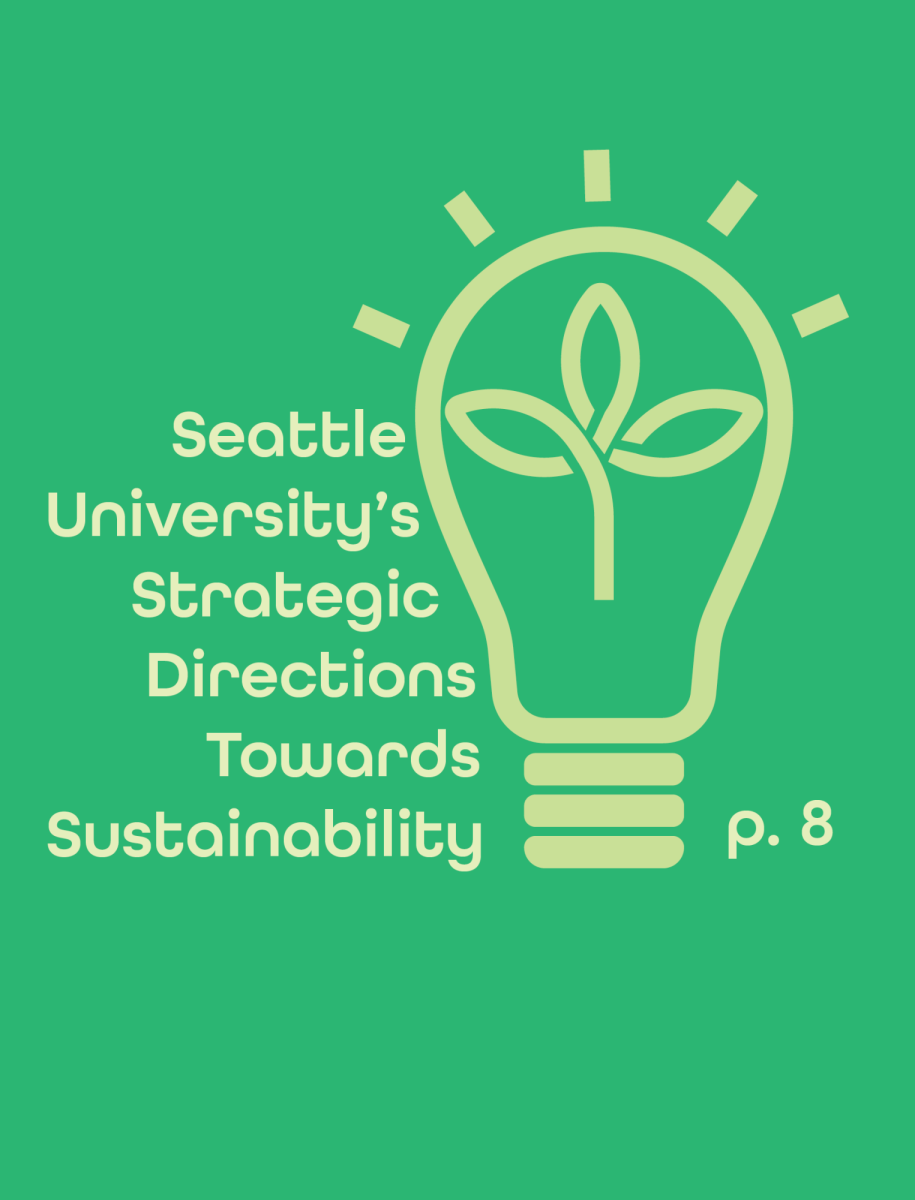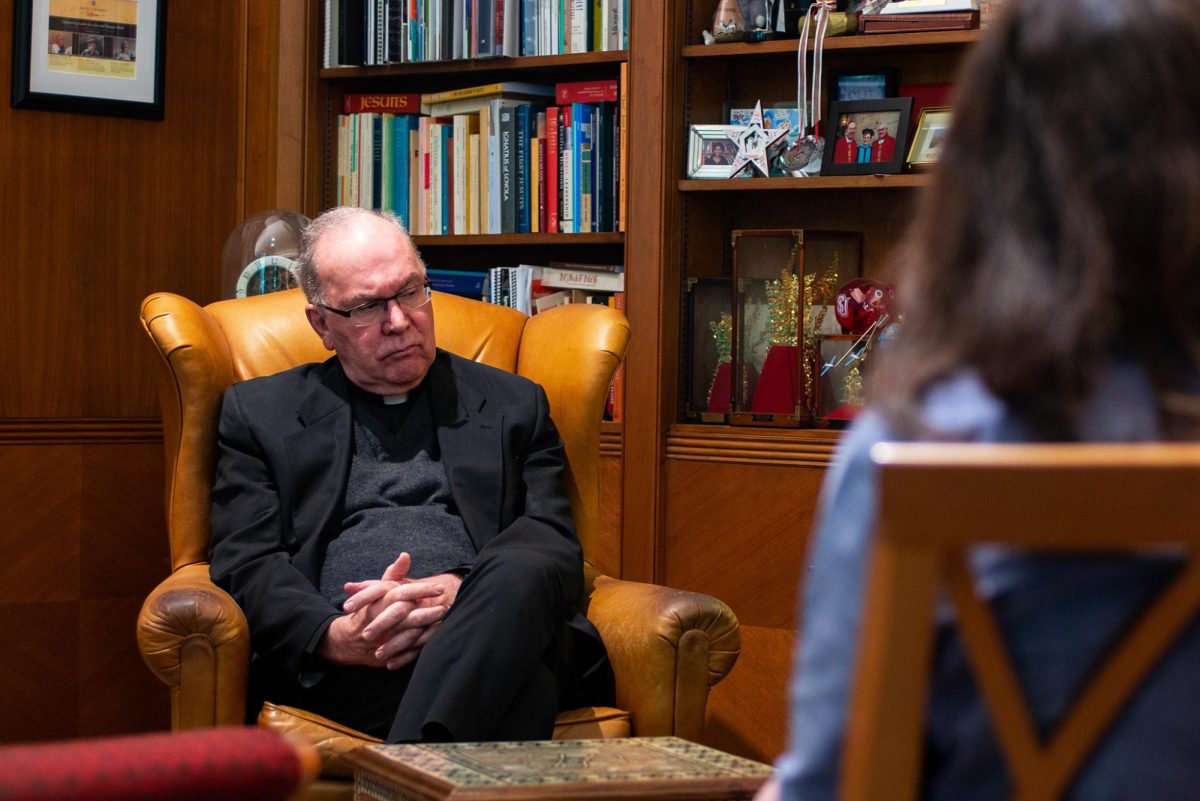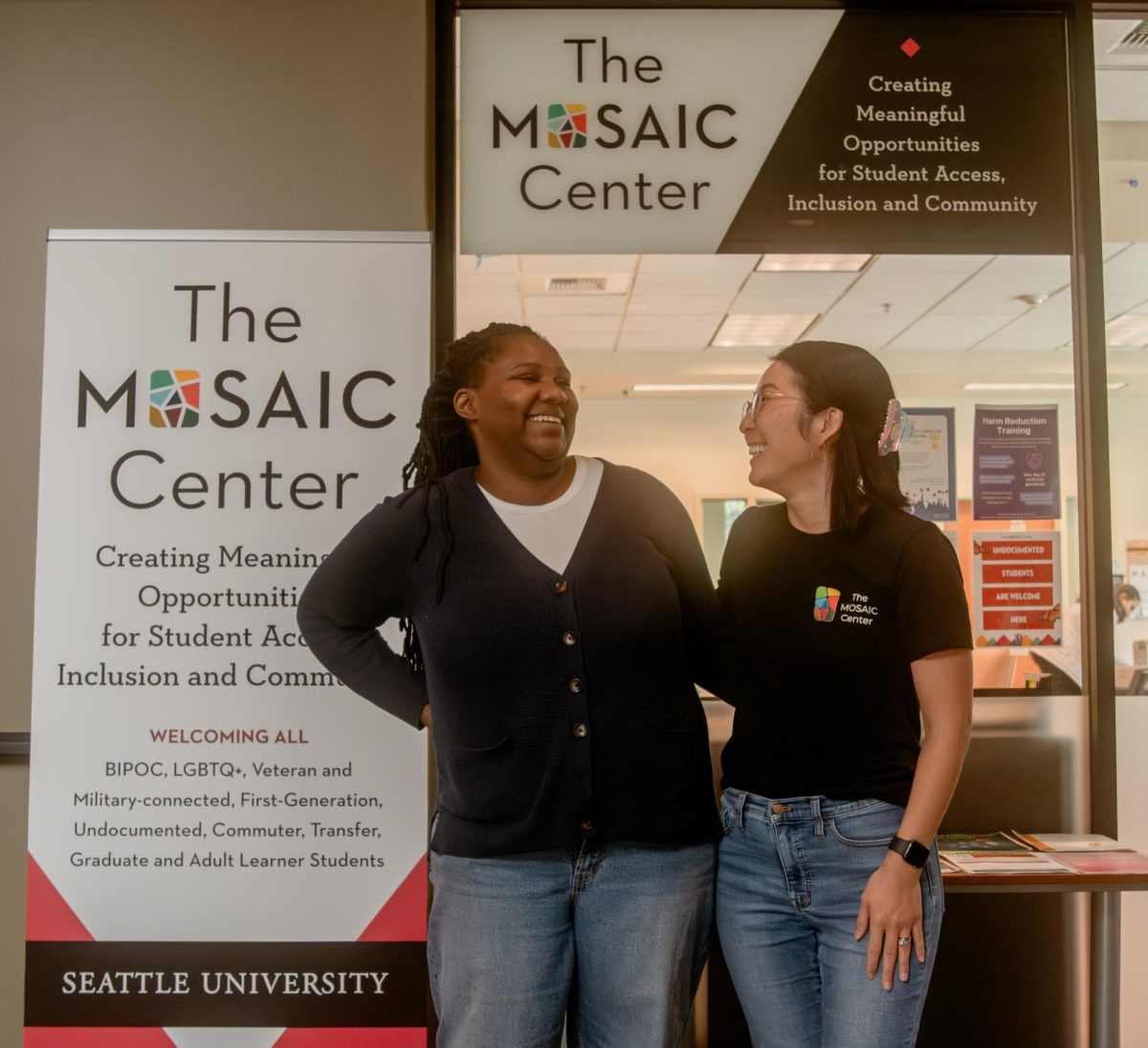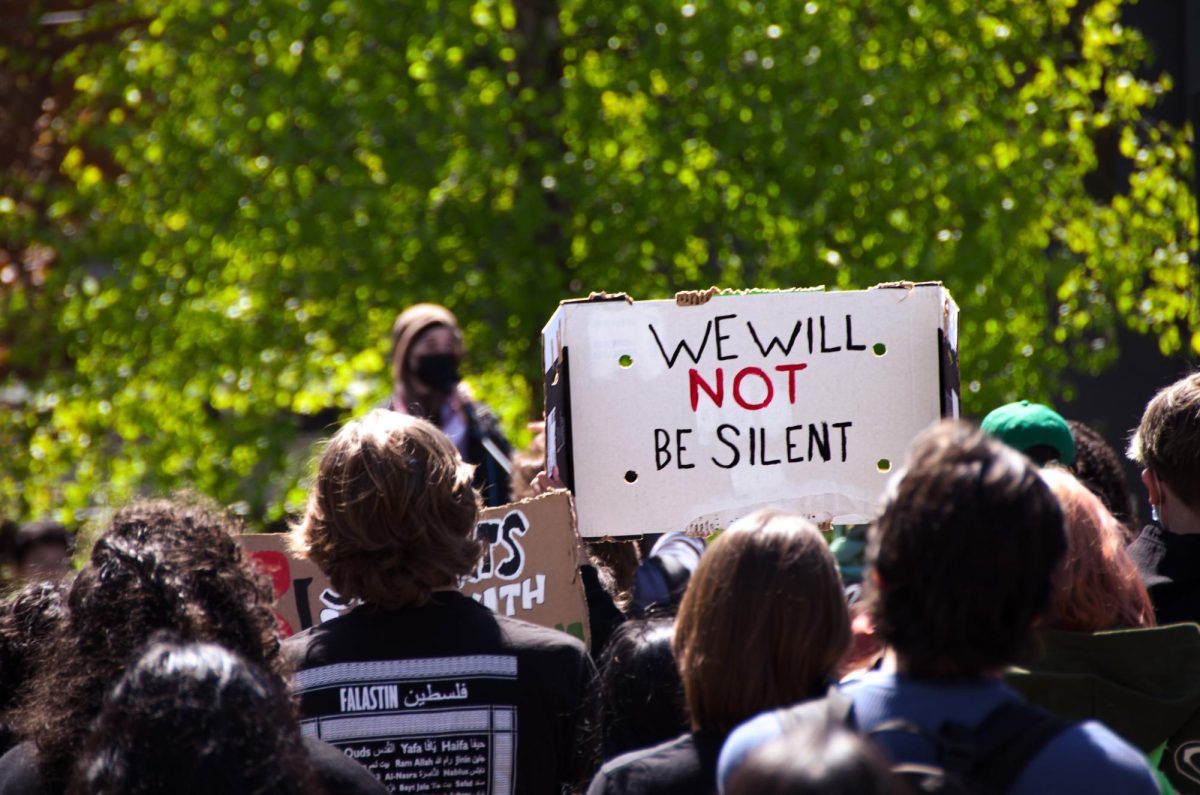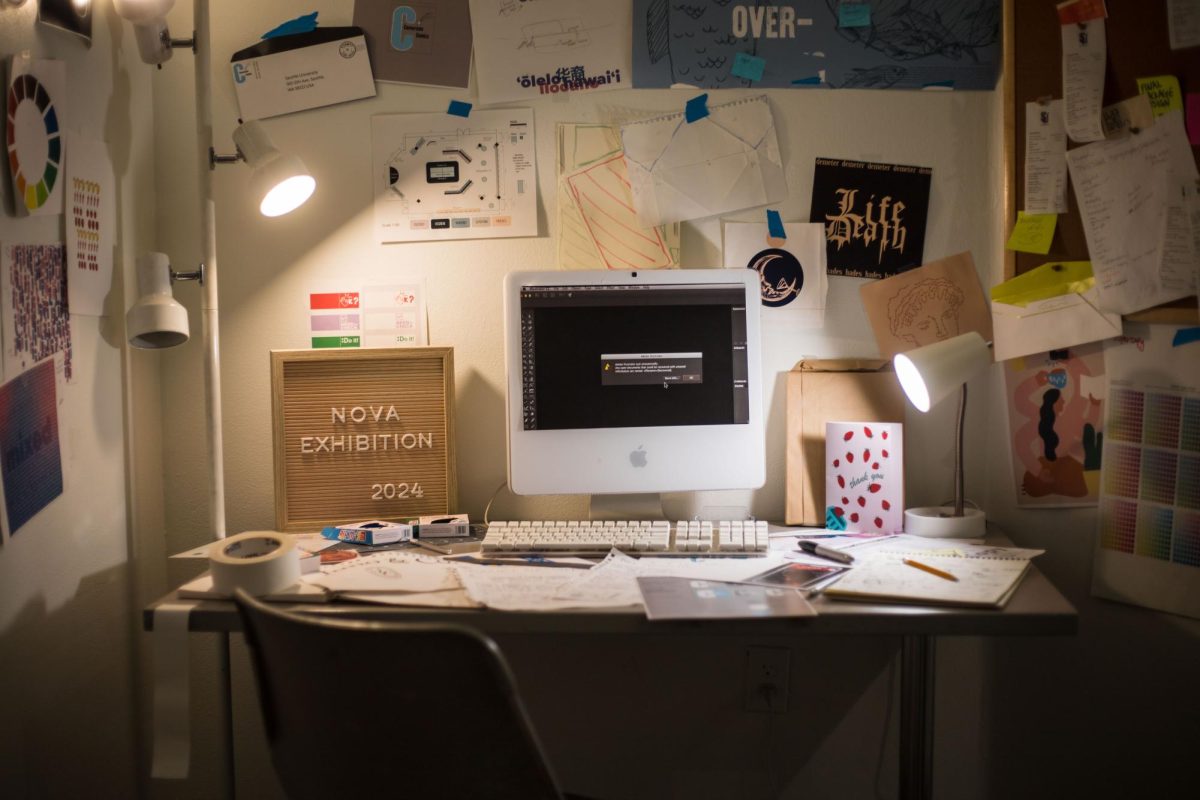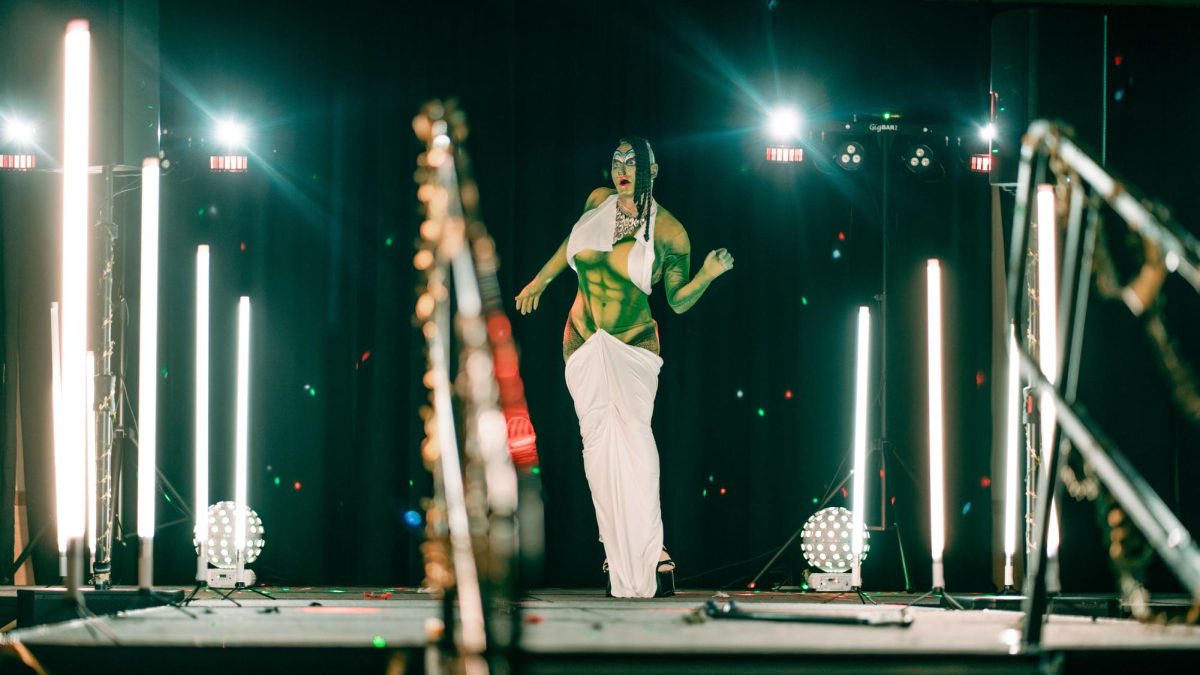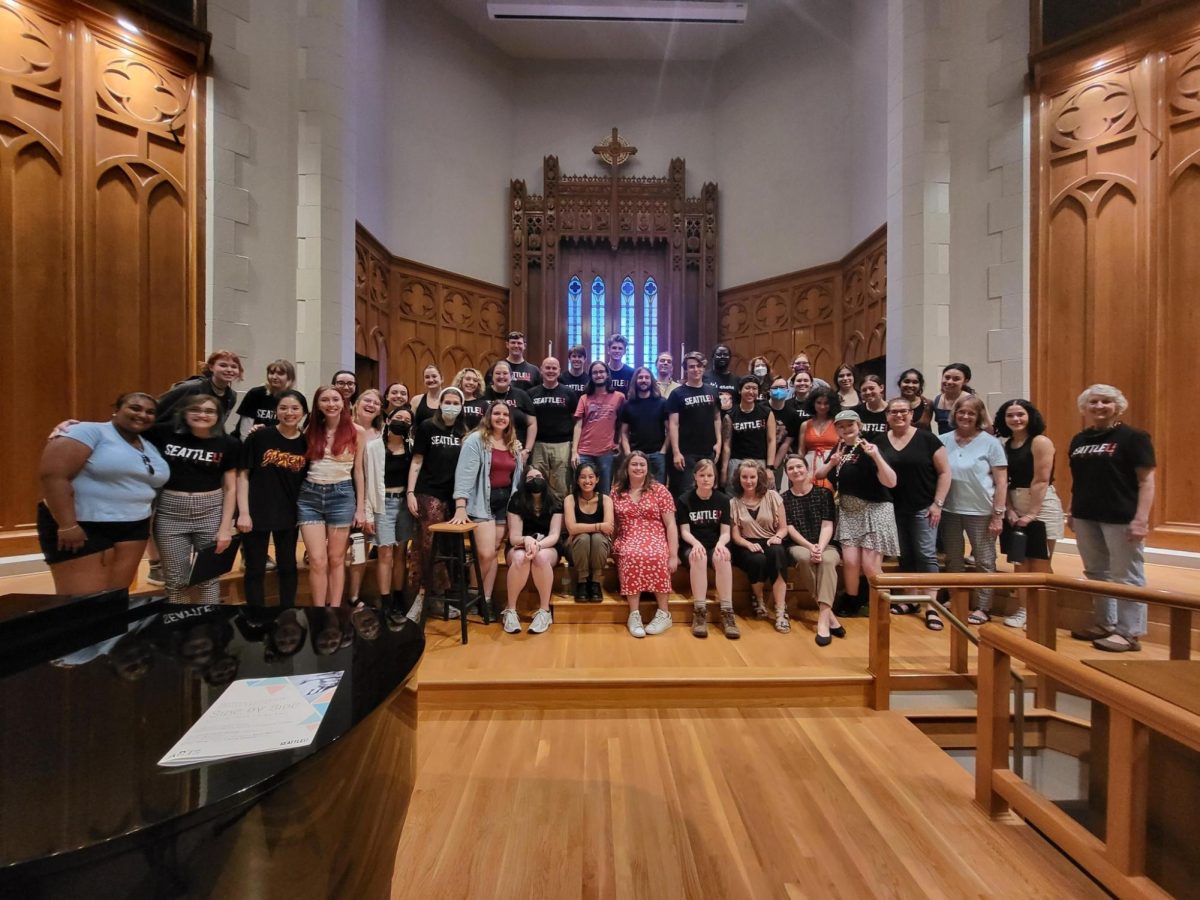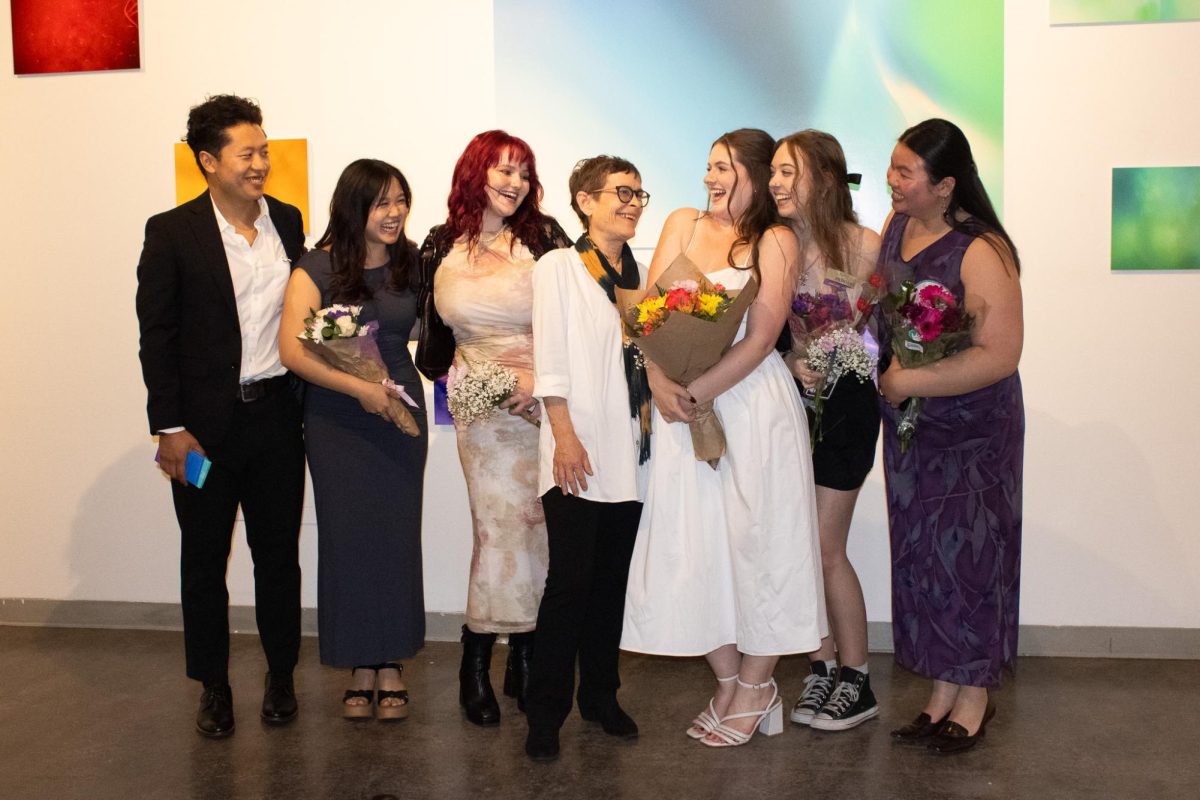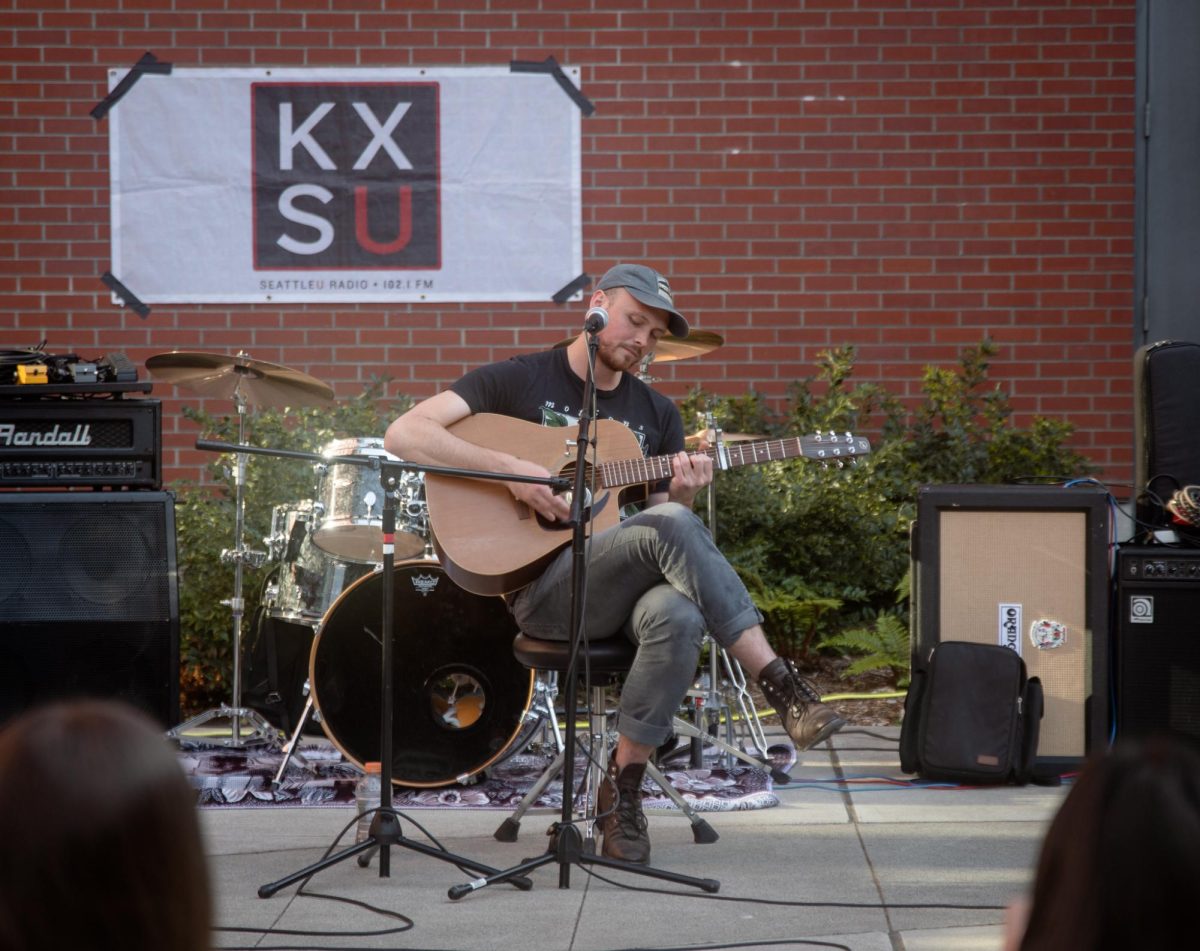While the academic year halts for students throughout the solace of summer break, administrators and professors continue to work on university projects. Through Seattle University’s monthly Strategic Directions Updates newsletter, students can stay informed on these projects even when class is not in session.
Perhaps most notably, toward the end of the 2022-2023 academic year, Seattle U became the first university in Washington and the first Jesuit university nationwide to fully divest from fossil fuels. This is in tandem with the university’s Laudato Si Action Platform (LSAP), which seeks to accomplish sustainability and social justice goals laid about by Pope Francis in his Laudato Si encyclical.
As a nonprofit organization, Seattle U operates an endowment composed of funds from donors—such as university alumni—which is then invested for different purposes. The recent divestment finalized a process of Seattle U ending the endowment’s economic investments in the fossil fuel industry.
The shift from fossil fuels to renewable energy alternatives follows public awareness surrounding the correlation between fossil fuels, carbon emissions and climate change. This move also promotes opportunities for renewable energy and other environmentally friendly alternatives.
Seattle U’s accomplishment in fossil fuel divestment also reflects its joint identities as being a school in the heart of Seattle and being a Jesuit institution. Seattle U President Eduardo Peñalver spoke to how these identities are reflected by the decision to divest.
“As a Jesuit university, we are committed to caring for our common home and accompanying our students towards a hope-filled future. And, as a city, Seattle is known for its natural beauty and for attracting people who value the environment,” Peñalver wrote to The Spectator. “Sustainability is in our DNA.”
Though this divestment marks a significant achievement for the university, the LSAP’s efforts toward sustainability and integral ecology are ongoing.
Jeanette Rodriguez, professor of theology & religious studies and LSAP steering co-chair, noted that the Pope’s encyclical contains language that is fundamental to Seattle U’s LSAP goals. She explained that both his remarks and rhetoric are foundationally centered on being in relationship with others and the environment.
“I don’t hear that language a lot. We know that zero carbon neutrality or just purchasing affects people, but we don’t talk about relationships,” Rodriguez said. “So we want to emphasize our common humanity and our common home, and that all of us—no matter what area or discipline we’re in—we can start collaborating for our shared commitment.”
LSAP Steering Co-chair Yolanda Cieters also explained that many of the efforts on campus, including the recent fossil fuel divestment, are initially student-driven.
“It’s so great to hear from students—what are the issues that you see? What do you as students, the major population group on this campus, think are changes that need to be made? So much of the effort is student-driven,” Cieters said.
In a 2018 statement published on The Spectator’s website, the campus organization Sustainable Student Action (SSA) noted that the university’s decision to begin divestment “was the culmination of a six-year campaign of advocacy and pressure from student organizers,” but only another step in the struggle for environmental climate justice.
While students have long been advocating for a greener, more sustainable campus, with faculty support toward the implementation of sustainable initiatives, President Peñalver hopes for an increasingly collaborative effort.
“I look forward to continuing to collaborate with our students to find new ways for Seattle U to continue to be a leader in this area,” President Peñalver wrote.
Through the strategic initiatives and programs such as the LSAP, the university is currently evaluating what the best next steps will be toward bettering campus sustainability.
Vice President for Strategic Initiatives Chris Van Liew also explained that the university’s environmental and ecological goals are deeply connected to its other ongoing projects.
One such project is the Mission Priority Examen (MPE), a process for the university to reaffirm its Jesuit Catholic mission and engage in Ignatian reflection. The Office of the President released the penultimate draft of the MPE self-study for Fall 2023 Oct. 24 and announced the members of the visiting committee who will be joining campus in late November to assist in the Examen.
Catherine Punsalan-Manlimos, the vice president for mission integration, explained that part of the work of evaluating the university’s commitment to its mission is engaging with the ways in which Seattle U’s Jesuit identity uniquely influences other facets of academic and campus life. For students who may be unfamiliar with Jesuit history or traditions, Punsalan-Manlimos illustrated what exactly that educational mission is.
“It’s regrounding it in this 500 year-old educational tradition that we inherited from the Society of Jesus… there’s so many beautiful characteristics of this kind of education. It’s an education that invites us to really be attentive to not just ourselves, but to the community around us, to the world in which we live, with a special attention to those who are most vulnerable,” Punsalan-Manlimos said.
The vice president also emphasized academic rigor and “education with a purpose” as highlights of her own experience being Jesuit-educated.
Like Cieters and Rodriguez, Punsalan-Manlimos views the sustainability efforts of the university as uniquely Jesuit.
“Laudato Si comes from one of the Pope’s most recent encyclicals, concerned not with just the environment and sustainability, but all dimensions, the whole notion of relationships and interrelatedness. There’s a critical theological foundation for us as a faith-based institution.”
Alongside these efforts is the initiative for the recruitment and retention of BIPOC students and faculty. This is the primary goal of the office of diversity and inclusions’ LIFT SU action plan, developed as Goal 4 of the university’s five-year strategic plan.
Laura Heider, assistant vice president for diversity and inclusion, has been working on LIFT SU and with others in the office on student retention, among other goals.
In the effort to create a more uplifting and supportive campus environment for students with marginalized identities, Heider distinguished a number of programs and organizations available, including the MOSAIC Center, International Student Center, Black Student Union, the Caribbean and Latin American Student Society, the Asian Pacific Islander Desi American Student Association, the African Student Association, the Indigenous Student Association, the Indian Student Association and the Triangle Club—among many others.
“Student clubs play a vital role in building community and celebrating identity… [they] help create and sustain belonging and offer an avenue for coordinated advocacy,” Heider wrote.
From an administrative end, Heider also noted that university offices have founded programs aimed at cultivating community—particularly for those with marginalized identities—on campus. These include the Campus Climate Incident Reporting and Response Protocol (CCIRRT), founded in 2022, which seeks to connect students who have faced harm on campus with support and resources.
The CCIRRT year-end report from the last academic year (2022-2023) found that 52% of reporting individuals identified as BIPOC, and 79.6% of incidents occurred on-campus.
“Systems, protocols, processes and approaches are either already in place or in development throughout the university to ensure the student experience is affirming, enlivening and empowering, from the first visit to campus until well after crossing the stage as a graduate,” Heider wrote.
Seattle U has made significant progress since its founding. 132 years later it is still developing and growing with the world around it. Students represent the future of society, and Seattle U faculty and staff work to account for this fact when reviewing university structure and policies.
“All of the faculty and staff at Seattle University are glad you’re here. We value you not only because of what you contribute, but because of who you are as unique and wonderful individuals,” Heider wrote. “It is a privilege to be on this journey together, and I look forward to all of us learning from one another in the years to come.”






